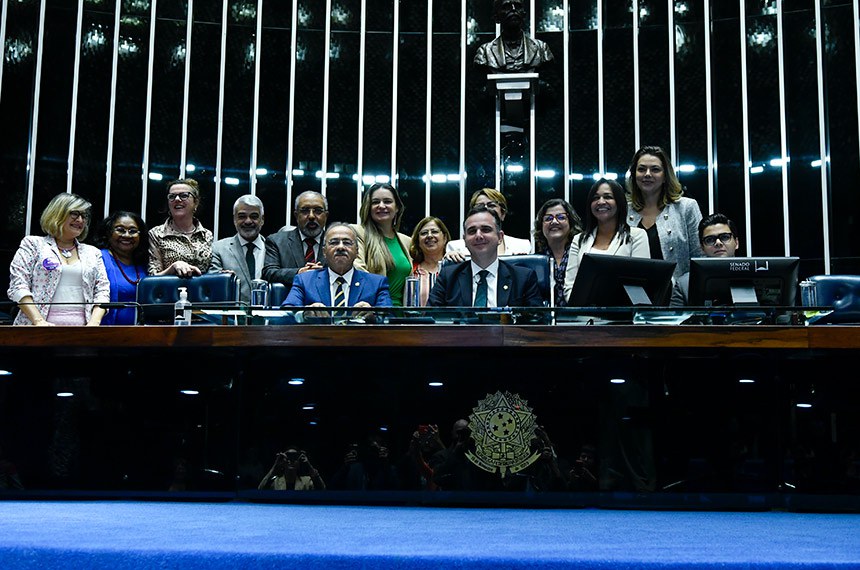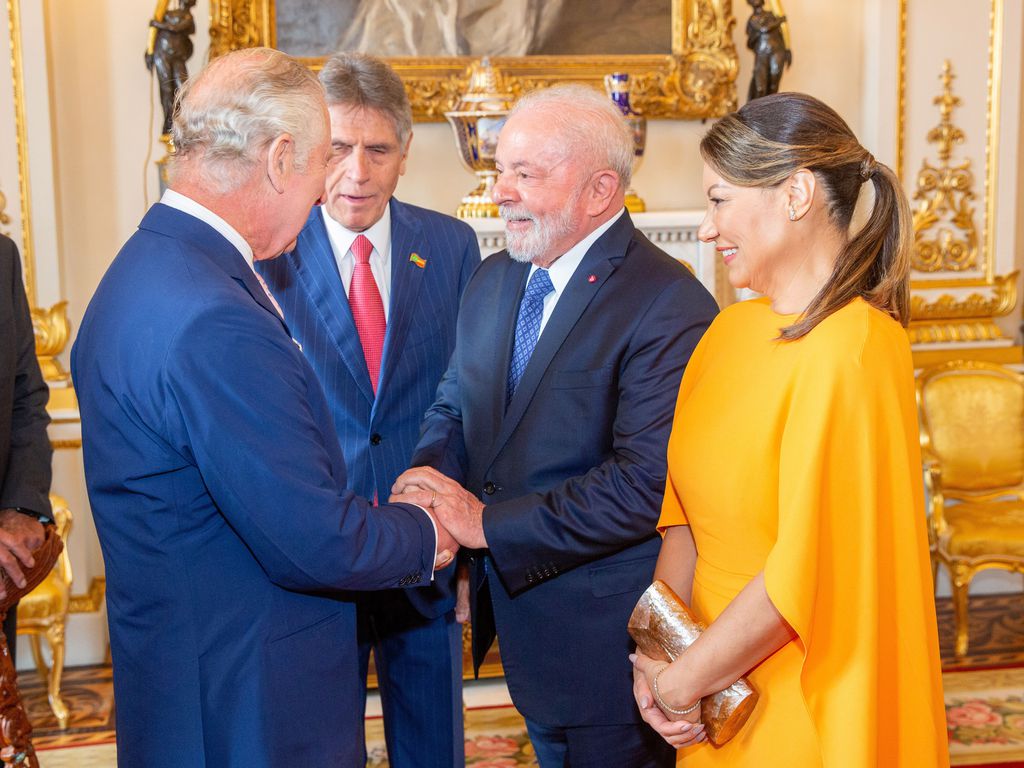São Paulo, Brazil – Brazil’s Congress approved a bill on June 1st that will punish companies that provide unequal pay for men and women who perform the same job. The goal of the proposal is to reduce wage inequality based on gender.
Data from the Brazilian Institute of Geography and Statistics (IBGE), a government agency that gathers information on Brazilians, show that the difference in payment, which had been falling until 2020, has risen again and today is at 22%. This means that a Brazilian woman earns, on average, just 78% of a man’s salary.
To reverse this scenario, the bill states that employers who pay an unequal salary to a woman who has spent the same amount of time at the company, does the same function and has a similar education to a male employee, may be fined 10 times the value of the highest salary paid at the company. The amount of the fine will be doubled in case of recidivism.
The bill also calls for companies that have over 100 employees to provide transparent data on employee wages to the Ministry of Labor for inspection. If the ministry identifies any wage inequality irregularities, companies will be obligated to create action plans to remedy the problem.
Minister of Planning and Budget Simone Tebet denied that the proposal could result in a reduction in the hiring of women by companies that want to avoid punishment. According to her, this is a misogynistic vision.
“If an employer is discriminating against a woman, if that is a factor for him not to hire a woman, there will be many serious, responsible and committed companies to do this,” said the minister.
Minister of Women Cida Gonçalves mentioned a study by the International Labor Organization (ILO), which points out that equal pay between men and women can add 0.2% to the growth rate of the Gross Domestic Product (GDP) of a country. “We are working hard to make this happen in Brazil,” she said.

Debates in Congress
In Brazil’s lower house, the Chamber of Deputies, the bill was approved by 325 votes to 36. According to the rapporteur, deputy Jack Rocha, the approval of the proposal is an important step to face inequality in the work environment. “To talk about equal pay is to talk about the emancipation of women.”
The votes against the bill were from right-wing deputies, many linked to former president Jair Bolsonaro. They believe that the proposal may discourage the hiring of women, as companies will be afraid of being inspected and fined by the Ministry of Labor.
“Do you think the employer will raise the man’s salary or reduce the woman’s salary? It is obvious: unfortunately it will be leveled down, to the detriment of women,” said deputy Gilson Marques. ′′This project puts on the back of the entrepreneur a series of responsibilities and fines that will inhibit the hiring of women.”
On the other hand, in the Senate, an agreement between right-wing and left-wing parties led to an easy approval of the bill, in a single session. For Senator Jussara Lima, it is a unique moment in Brazilian history and for the women who “fought so hard” to have more space in the work environment.
“The struggle for equal pay between men and women in Brazil is a struggle that brings together all of Brazilian society,” said Senator Eliziane Gama. “Now, our mission is to report to the authorities any businessman who is not complying with the new law,” she said.
After approval by Congress, the proposal will be validated by President Luiz Inácio Lula da Silva to take effect. On the day the government sent the bill to Congress, Lula said that, by accepting that women earn less than men performing the same function, there is continuity of historical violence against the female population.
“This bill has one word that makes the difference between everything that has ever been written about equal work for men and women: ‘mandatory’ to pay equal salaries,” he said on March 8, International Women’s Day.










